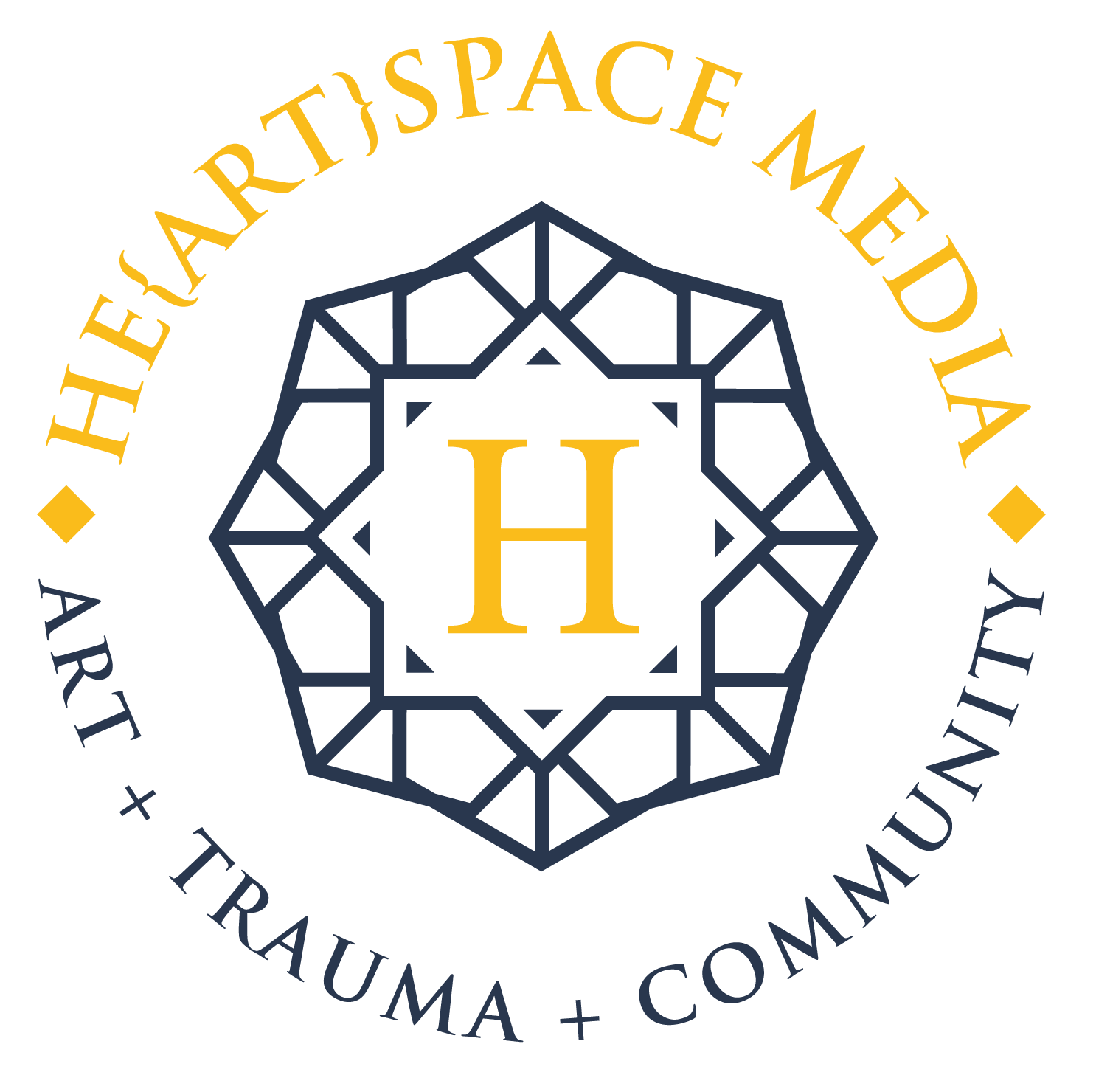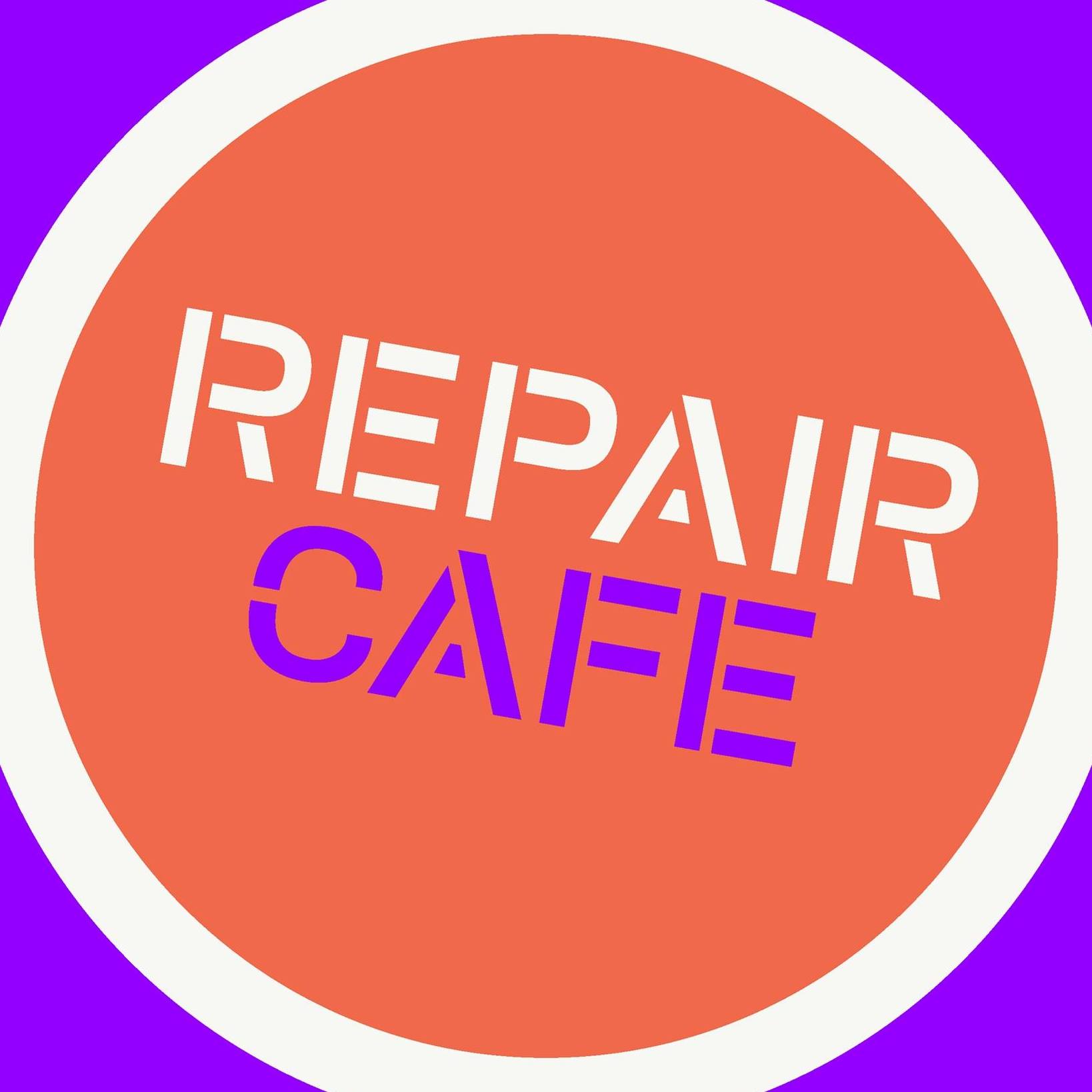D-11 is the largest school district in the Colorado Springs area and I was surprised and encouraged recently to attend this training. I had no idea beforehand that it would be about the ways adults can proactively make safe environments for kids to thrive and succeed at school. By basically caring for the kids’ emotional health first, and then engaging with them in social-literacy activities that promote behavioral health.

Paula K. Hergert, M.A.Ed. talked with teachers, community members (school volunteers), and Columbia Elementary School staff during a training at Tesla Educational Opportunity School, January 19, 2024.
The effects of trauma/adversity on our brains, bodies, and social fabric is what I’ve myself been studying (and personally healing from) for the past five years. And relatedly studying the ways we can mitigate or prevent those adverse effects with positive relationships. Many in recent years have discovered this same information, and the pool of knowledge about it is growing. The beneficial effects of nurturing relationships on human beings has been proven many times over. And that’s what this is about.
This Medium article by Shawn Ginwright, of May 31, 2018, talks about “healing centered engagement.” Which among other tenets, “embraces a holistic view of well-being that includes spiritual domains of health.”
He talks about ways to go beyond labeling people as, for instance, “sufferers of trauma” — and stopping there.
“While it is important to acknowledge trauma and its influence on young people’s mental health, healing centered strategies move one step beyond by focusing on what we want to achieve, rather than merely treating emotional and behavioral symptoms of trauma. This is a salutogenic approach focusing on how to foster and sustain well-being. Based in positive psychology, healing centered engagement is based in collective strengths and possibility which offers a departure from conventional psychopathology which focuses on clinical treatment of illness…
Shifting from trauma informed care or treatment to healing centered engagement requires youth development stakeholders to expand from a treatment-based model, which views trauma and harm as an isolated experience, to an engagement model which supports collective well-being...
Healing is an ongoing process that we all need, not just young people who experience trauma.”
Creating a stronger, more holistically supportive environment is referenced as being a role played by the entire community.
How many of us have a favorite teacher that we remember with gratitude and affection? Ever examine just why they had such an impact on our lives? Most likely it’s because they cared for us and we felt that deeply. And that one factor — caring — altered our lives for the better.
One can also experience with a special teacher — I know I have — that special talent for creatively presented material and adeptly incorporated ways of learning.
But all educators have a big impact. Yet it’s important to note that they are an embedded part of the rest of our community.
That’s where we all come in.
My biggest takeaways from the presentation:
(Excerpts from Hergert’s PowerPoint)
- Building trauma-responsive environments and relationships takes time.
- What were the qualities of your favorite educator?
- “Relationships matter: the currency for systemic change is trust, and trust comes through forming healthy relationships. People, not programs, change people.” – Bruce Perry, MD, PhD
- Adverse experiences effect developing brains, nurturing experiences also do.
- Consistency and predictability (at school) can counteract the effects of toxic stress in children’s lives.
El Paso County received some Covid funds to be applied to this training, according to another staff member that I talked with that day.
I know in my own life, seemingly very small, encouraging interactions have made a huge, cumulative difference.
Paula K. Hergert, M.A.Ed.
- El Paso County Public Health – Prevention and Policy Specialist
- Neurosequential Model in Education (NME) Trainer
- Peaceful Household’s ACE Master Trainer
- Certified BrainWise Trainer
- Retired Teacher after 35 years in the Public Education Sector
Make a one-time donation
Your contribution is appreciated.
DonateMake a monthly donation
Your contribution is appreciated.
Donate monthlyMake a yearly donation
Your contribution is appreciated.
Donate yearly

